At the UN, Obama sought strong support for his campaign to defeat ISIS, but the coalition turns out to be tenuous.
US President Barack Obama devoted nearly half of his 39-minute address at the United Nations General Assembly appealing to world leaders to join Washington in turning back the jihadist offensive in Syria and Iraq of a self-styled “Islamic state.” By the time the foreign minister of Cape Verde delivered the last of the leaders’ speeches on September 30, it was clear that whatever international buy-in Obama’s carefully crafted strategy has secured, the outcome is still tentative and fragile. Indeed, the same may be said of public support in the US for the steps the president has undertaken thus far.
There is, to be sure, universal loathing for the extremists who this year have broken out of their stronghold in eastern Syria and overrun much of northwestern Iraq. The United Nations Security Council unanimously approved the Obama administration’s resolution, which mandates that all countries ban their citizens’ travel abroad to enlist in terrorist organizations such as the Islamic State of Iraq and the Levant (ISIS) and Jabhat al-Nusra.
Still, the coalition to roll back and destroy ISIS remains tenuous. The strategy itself is delicately balanced to keep on board the Wahhabi Sunni Arab states such as Saudi Arabia and Qatar, which are apparently much more exercised about the survival of the secular authoritarian regime of Bashar al-Assad in Syria than about ISIS’ expansion into Iraq. Hence, the strategy includes aid to the anti-Assad fighters of the Free Syrian Army (FSA), duly “vetted” by Washington.
Back to Iraq
On the other hand, the reconstituted government in Baghdad that Obama is most eager to assist emphatically opposes any military action that would weaken Assad’s forces in Syria. Moreover, Iraq’s new prime minister, Haider al-Abadi, insists that he “totally” rejects any Gulf Arab states’ involvement in airstrikes against ISIS within Iraq. The Americans and Europeans provide all the help Iraq needs, he says.
The Iraqis, in fact, are in sync with Iranian Foreign Minister Javad Zarif, who observed in New York: “You cannot fight [both] ISIS and the government in Damascus together.” Russia’s Sergey Lavrov, another Assad ally now providing aid to Baghdad as well, claimed vindication: “We warned against a temptation to make allies with almost anybody who proclaimed himself an enemy of B. Assad: be it Al Qaeda, Jabhat an Nusra and other ‘fellow travelers’ seeking the change of regime, including ISIL [ISIS], which today is in the focus of our attention. As the saying goes, it is better late than never.”
A return to direct US involvement in the region’s instability appears to have few takers in the American public. Congressional candidates on the campaign trail report an eerie silence among voters about the war brewing in the Middle East. They seem upset by beheadings, indifferent to bombing, but are alarmed by House Speaker John Boehner’s call for boots on the ground.
Having now identified ISIS as America’s real enemy rather than Assad, the Obama administration is at pains not to betray those fighting the Syrian government who have not yet gone over to the terrorist organization. They worry that the mounting air campaign against ISIS positions inside Syria will strengthen Assad’s hand. Many are dismayed that the Americans have also struck the Nusra extremist group.
With officials in Washington having invested so much in the failed campaign to overthrow Assad, Obama has pointedly refused any collaboration against ISIS with the Baathist regime. Yet the president made a point of notifying Syria’s ambassador at the UN when airstrikes inside Syria were about to begin. Obama’s UN address castigated “the brutality of the Assad regime” but, in calling for “an inclusive political transition,” he conspicuously did not repeat the worn refrain that Assad must go.
It was French President François Hollande, not Obama, who told the General Assembly that Assad’s opposition is “the sole legitimate representative of the Syrian people.” But Hollande proved to be the outlier, along with British Prime Minister David Cameron — the last of the anti-Assad interventionists outside the Arabian Peninsula. Leaders of both Germany and Italy committed their countries to resolute action against the “barbarity” and “threat” of ISIL, but were pointedly silent about Syria and have declined to join the airstrikes inside Syria’s borders. Even as Jordan staggers under the weight of Syrian refugees, the only prescription King Abdullah offered for Syria was to “get the moderate opposition and the regime back to the negotiating table immediately.”
However, “immediately” may not be optimal for restarting the peace talks that failed last winter. Far more urgent is to achieve an immediate ceasefire between Damascus and the FSA, allowing both sides a respite from the grinding war and a cooling-off period before talks on a political settlement begin. Assad’s backers in Moscow and Tehran should have as much of an interest in an extended truce as Obama.
Boots on the Ground?
In early September, the US president met with leaders of Christian churches in Syria and Iraq, both Orthodox and Catholic, who have been alarmed by the jihadists’ murderous persecution of their flocks. “I know Assad has been good for the Christians,” Obama acknowledged to the prelates — the patriarch of the Syrian Orthodox Church recently told this author — “but at the same time he is killing people by the thousands, which is pretty un-Christian, and un-Muslim.”
Like most of Syria’s Christians, the patriarch fears all the anti-Assad militias, including those blessed by Washington. Yet he left the meeting with Obama reassured that the president actually “understands the issue,” recognizing that the 2003 invasion of Iraq was a catastrophe for Iraqi Christians. The concerns of the region’s ancient Christian communities have had little purchase in the Washington debate where, for three years, interventionists have taunted Obama for his non-adventurism.
At the United Nations, it was the Vatican secretary of state, cardinal Pietro Parolin, who provided the most measured rebuttal to the political tempest in Washington. “The framework of international law offers the only viable way of dealing with this urgent challenge” of jihadist terrorism, Parolin said, recalling the disastrous consequences when “unilateral solutions have been favoured over those grounded in international law.”
Taking a swipe at the Washington consensus against any outreach to the tainted Syrian government, Parolin continued: “Since there is no juridical norm which justifies unilateral policing actions beyond one’s own borders, there is no doubt that the area of competence lies with the Security Council. This is because without the consent and supervision of the state in which the use of force is exercised, such force would result in regional or international instability.”
A return to direct US involvement in the region’s instability appears to have few takers in the American public. Congressional candidates on the campaign trail report an eerie silence among voters about the war brewing in the Middle East. They seem upset by beheadings, indifferent to bombing, but are alarmed by House Speaker John Boehner’s call for boots on the ground. Obama’s delicate juggling act seems as far as they will g, but probably not for long.
*[This article was originally published by The Huffington Post.]
The views expressed in this article are the author’s own and do not necessarily reflect Fair Observer’s editorial policy.
Support Fair Observer
We rely on your support for our independence, diversity and quality.
For more than 10 years, Fair Observer has been free, fair and independent. No billionaire owns us, no advertisers control us. We are a reader-supported nonprofit. Unlike many other publications, we keep our content free for readers regardless of where they live or whether they can afford to pay. We have no paywalls and no ads.
In the post-truth era of fake news, echo chambers and filter bubbles, we publish a plurality of perspectives from around the world. Anyone can publish with us, but everyone goes through a rigorous editorial process. So, you get fact-checked, well-reasoned content instead of noise.
We publish 2,500+ voices from 90+ countries. We also conduct education and training programs
on subjects ranging from digital media and journalism to writing and critical thinking. This
doesn’t come cheap. Servers, editors, trainers and web developers cost
money.
Please consider supporting us on a regular basis as a recurring donor or a
sustaining member.
Will you support FO’s journalism?
We rely on your support for our independence, diversity and quality.


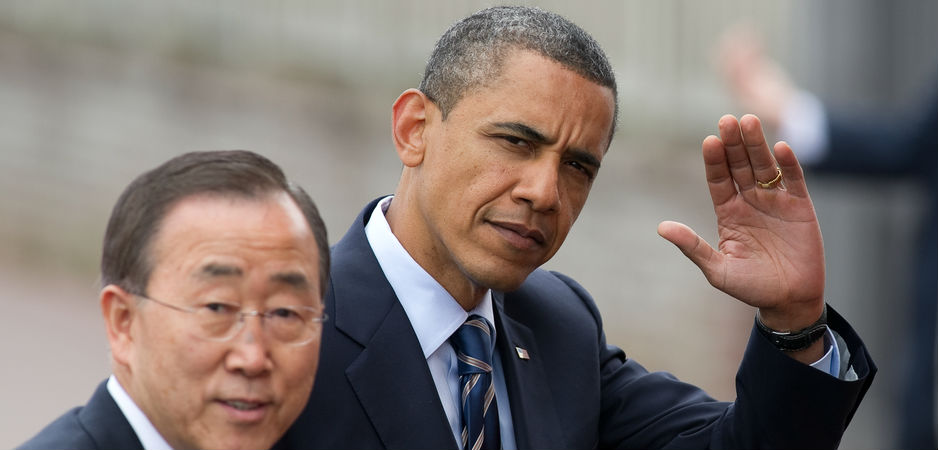


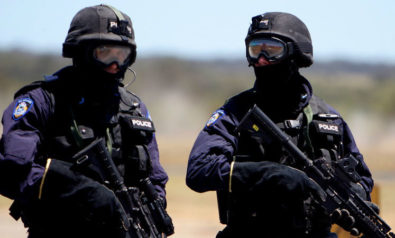

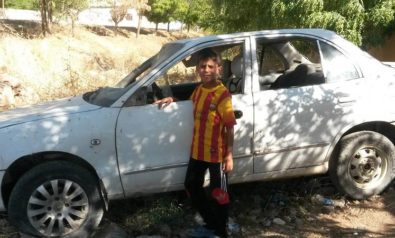
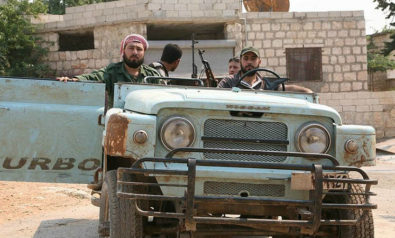
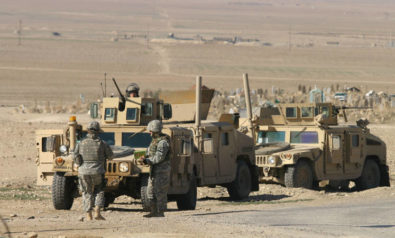




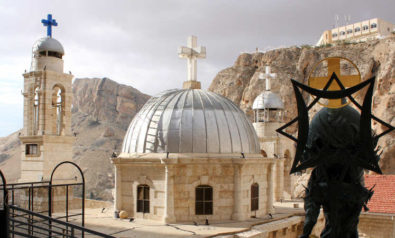


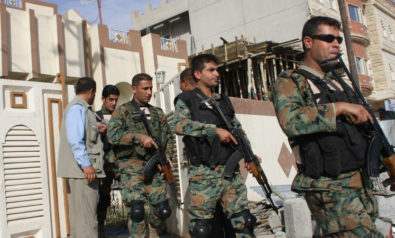
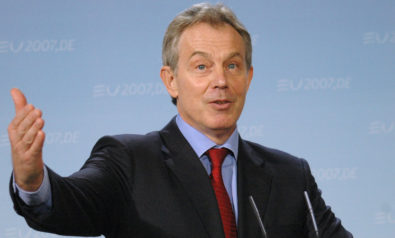
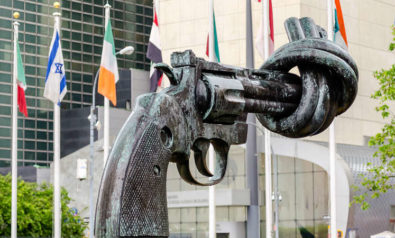

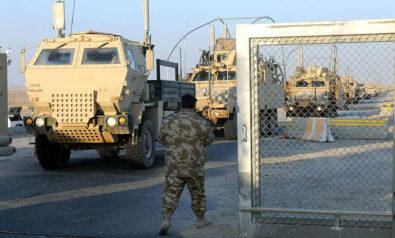





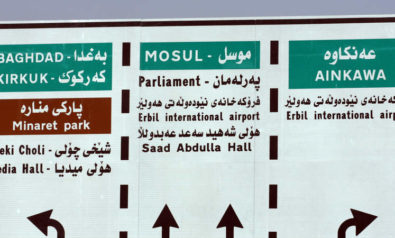
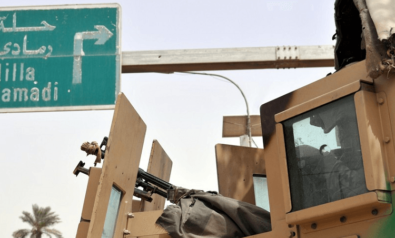


Comment